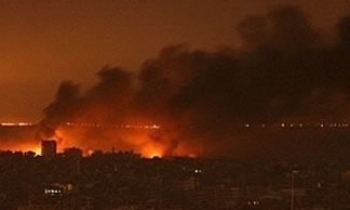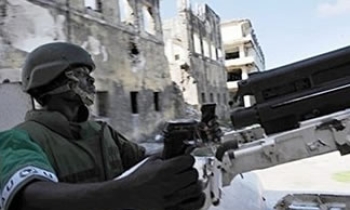Nepal stands on the brink of "becoming an isolated pariah state" unless it urgently restores democratic rule, freedom of expression and respects the rights of journalists.

Launching a detailed report on the cost to press freedom since King Gyanendra established autocratic rule a year ago, the International Federation of Journalists (IFJ) general secretary, Aidan White said that the international community was running out of patience with the king's abandonment of democracy.
"Nepal is fast becoming an isolated pariah state, unwelcome at the table where democratic nations meet," White said. "The king must get the message that dictatorship and pantomime attempts to hold so-called elections are no substitute for respecting human rights and democracy." He was addressing a mass meeting of editors and journalists under the umbrella of the Federation of Nepalese Journalists (FNJ) in capital Kathmandu on the anniversary of the king's seizure of power.
The IFJ report �Nepal One Year On: Censorship, Crackdown and Courage � gives a detailed account of arrests, detentions and acts of censorship that have blighted Nepali media since February 1, last year.
The IFJ says that efforts to hold municipal elections are a "shambolic attempt" to give the impression that some notion of democracy still exists in the country. "The routine arrest and detention of human rights activists and journalists and the widespread denial of rights kills any confidence people may have in this faltering process," White said. "What is needed is a full return to democracy and no half-hearted measures."

He said that the only way to bring about a peaceful resolution to the current conflict with Maoists engaged in a violent campaign in the country, was to promote dialogue and open debate. "Secrecy, censorship and intimidation do not lead to peace;" he said. "They only create more fear, ignorance and insecurity." White also met ambassadors and ministers, and insisted that the global support for journalists and other human rights defenders would continue until the king ended his policy of one-man rule.
The IFJ praised the unity and solidarity expressed by journalists, editors and other media staff in recent months. "You have provided a magnificent model of solidarity and leadership in the face of powerful and ruthless forces. Journalists around the world are inspired by this commitment and we will continue to provide support until you succeed in bringing democracy back to life in Nepal," said White.









